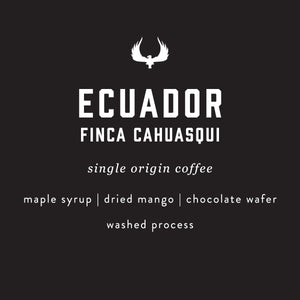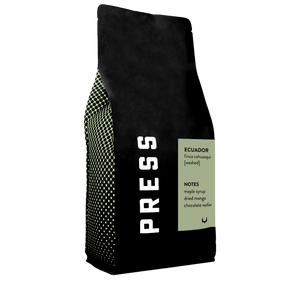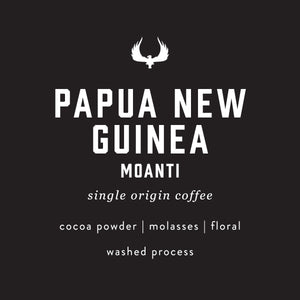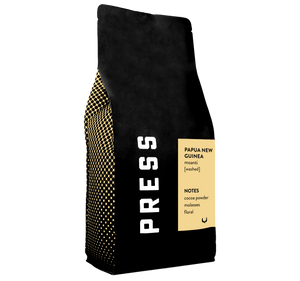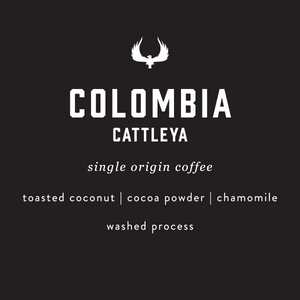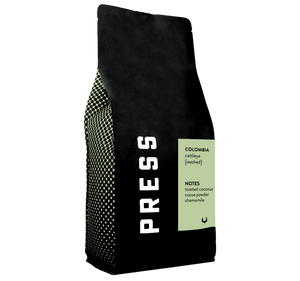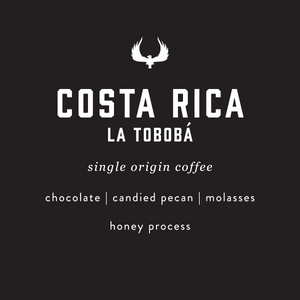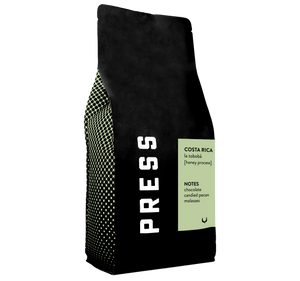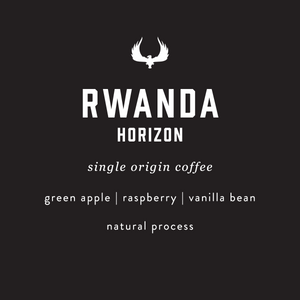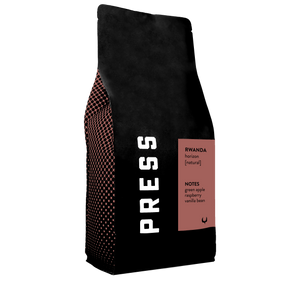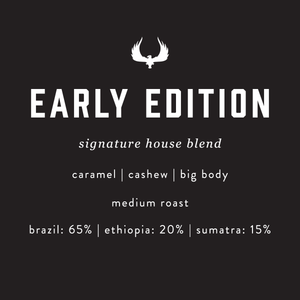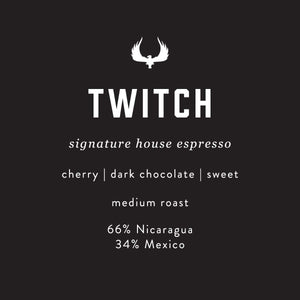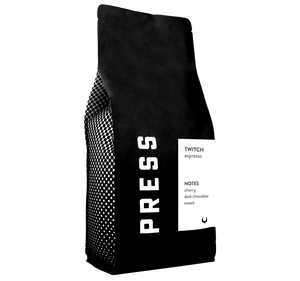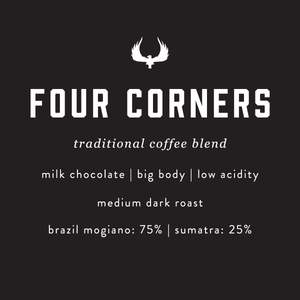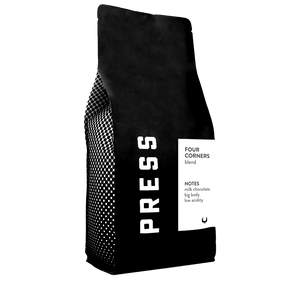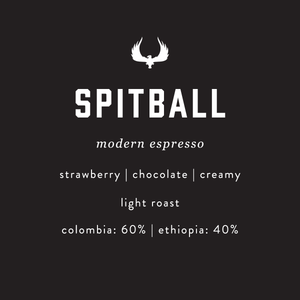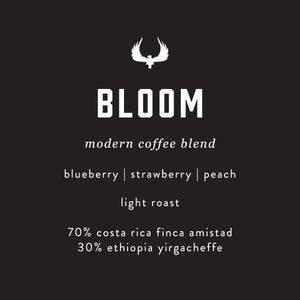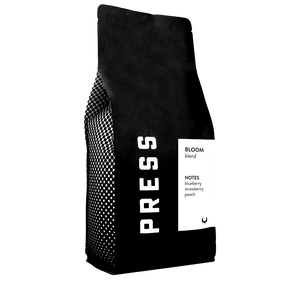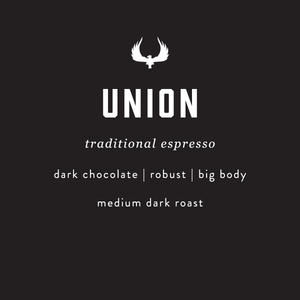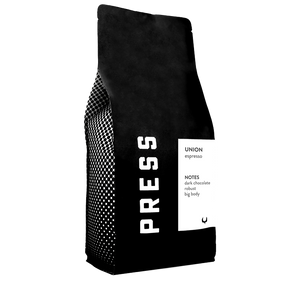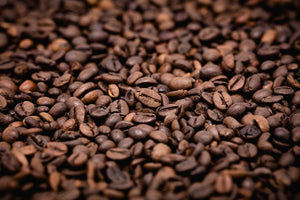
HOW DOES COFFEE GET ITS FLAVOR?
Coffee gets its flavor notes from a combination of factors, including the coffee bean variety, the growing conditions, the processing method, the roasting technique, and the brew method. Read on below to learn some of the main factors that influence the flavor notes of coffee.
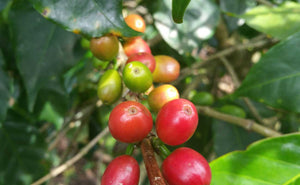
COFFEE VARIETY
Different coffee varieties, such as Arabica or Robusta, have different flavor profiles. For example, Arabica beans are often considered to have a more complex and nuanced flavor, while Robusta beans are known for their stronger, more bitter taste.

COFFEE GROWING CONDITIONS
The climate, altitude, soil, and other environmental factors where the coffee is grown can impact its flavor. For example, coffee grown in higher elevations tends to have a brighter acidity and more complex flavor.
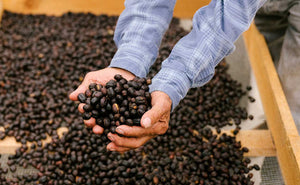
COFFEE PROCESS
The way coffee beans are processed after they are harvested can also impact their flavor. For example, washed process coffee tends to have a cleaner, brighter flavor profile, while natural process coffee can have a more fruity, sweet taste.
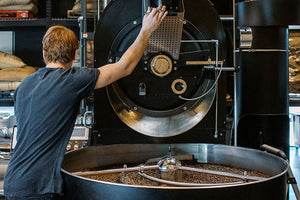
COFFEE ROASTING
The way coffee beans are roasted can have a significant impact on their flavor. Lighter roasts tend to highlight the acidity and fruitiness of the coffee, while darker roasts can have a more robust, caramelized flavor.
We roast each coffee differently from each other to bring out the best qualities of each lot. Our coffees are a medium to light roast, which promotes more flavor from the beans.

COFFEE BREWING
Finally, the brewing method can also impact the flavor of coffee. Different brewing methods extract different flavors and aromas from the coffee beans. For example, espresso brewing uses high pressure and finely ground beans to extract a concentrated, full-bodied flavor, while drip brewing uses a slower, gentler extraction process to produce a milder, smoother taste.


